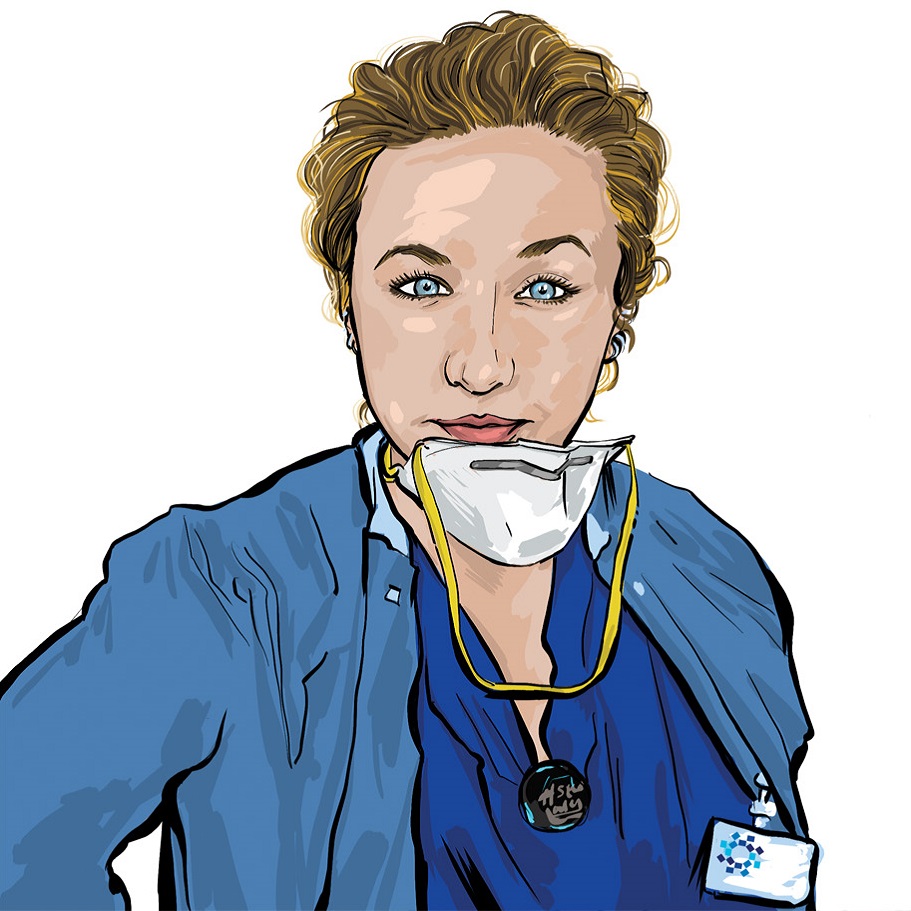Robotic Surgery
Hackensack Meridian Health is the largest and most experienced robotic surgery program in the state. We performed New Jersey’s first robotic surgery more than 20 years ago. Since then, our expert surgeons have pioneered many of today’s robotic procedures, including the single-port approach using only one small incision.
We offer robotic surgery in 11 specialties – from heart surgery to joint replacement to kidney transplant. If you need surgery, you may be able to have it performed robotically by a Hackensack Meridian surgeon, giving you an excellent outcome with less pain and a faster recovery.
Leaders in Robotic Surgery
"It's number one putting the patient first at all times and giving the patient an opportunity for the best surgery with the least amount of trauma." - Michael Stifelman, M.D., Professor and Chair of Urology, Hackensack University Medical Center
Robotic Surgery Frequently Asked Questions
We are the largest and most experienced robotic surgery program in the state. While traditional surgery requires a large incision so the surgeon's hands can fit inside the patient's abdomen, robotic surgery requires only two or three small incisions.
The robotic arms and camera are positioned in these incisions, allowing all of the surgical movement to take place within the abdomen. The surgeon then has a close-up high definition view of the prostate, kidney or other urologic area and is able to guide the robotic hands to delicately move, cut and suture. By having your surgery performed robotically by a Hackensack Meridian Health surgeon, you may benefit from:
- Increased precision, as the robot offers greater flexibility, stability and range of motion than a human hand
- Decreased blood loss and reduced need for transfusions
- Less risk of infection
- Less pain after surgery
- Smaller external and internal scars
- Shorter hospital stay
- Faster recovery and return to normal activities
Treating Your Condition with Robotic Surgery
Our robotic surgical teams, across all our locations, use robotic technology to perform a range of surgeries in 11 specialties.
Why Choose Hackensack Meridian Health for Robotic Surgery
Latest Technology & Innovation
Our surgeons are pioneers in the use of robotic technology and are among the first to perform many procedures using robotic techniques. We continue to lead the charge as one of the pioneering hospitals worldwide to introduce the latest da Vinci 5 surgical robot and are among a select few throughout the nation to offer the new technology.
Benefits of the da Vinci 5 surgical system for patients include:
- Better Outcomes: The state-of-the-art robotic technology enhances surgical precision, ensuring optimal outcomes
- Quicker Recovery: Patients benefit from shorter recovery times, reduced discomfort, and smaller incisions, promoting quicker return to daily activities
- Personalized Care: Surgeons can deliver tailored care, addressing each patient's unique anatomy and condition with precision and efficiency
Excellence
Patients travel from across the country and around the world to receive care from our world-renowned experts. Surgeons throughout the world even receive training from our surgeons on the latest advances in robotic surgical techniques and procedures. Some Hackensack Meridian Health surgeons have even publish papers in academic journals and present at conferences around the world on the use of robotic surgery.
- Hackensack University Medical Center’s Center of Excellence for Robotics is among the top three robotic surgery programs in the New York metropolitan area. Hackensack University Medical Center was among the first hospitals in the world — and the first hospital in New Jersey — to use a single-port robotic surgery system, requiring only one small incision.
Recently Hackensack University Medical Center performed the 1,000th single-port robotic procedure - more than any other hospital in the country. - JFK University Medical Center serves as the hub for robotic surgery in the Hackensack Meridian Health central region. Our surgeons have completed over 4,000 robotic surgery cases in almost every surgical subspecialty, using three surgical robots. Patients benefit from smaller incisions and faster recovery times.
- Jersey Shore University Medical Center expands robotic surgery offerings into the southern region, serving as the hub for robotic surgery throughout Monmouth and Ocean counties. Physicians at Jersey Shore University Medical Center offer advanced robotic technologies that provide minimally-invasive treatment options.





